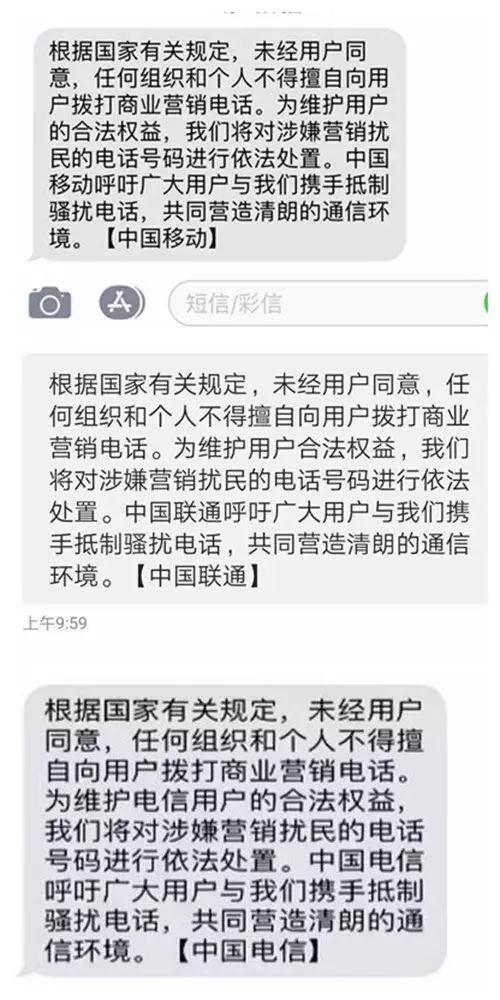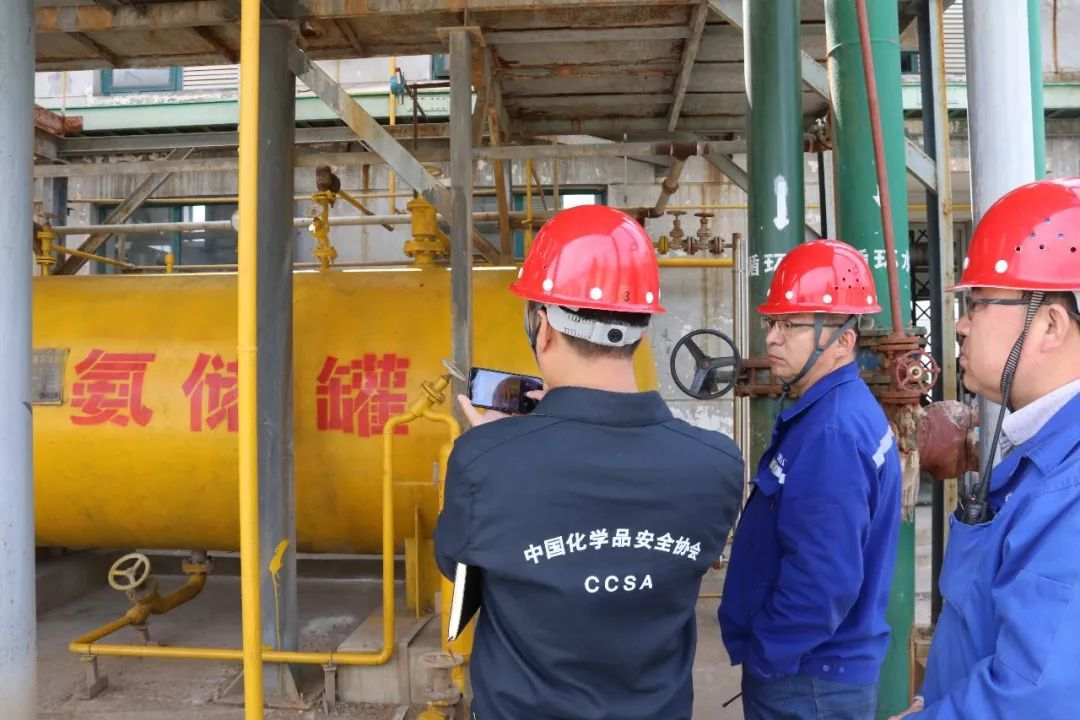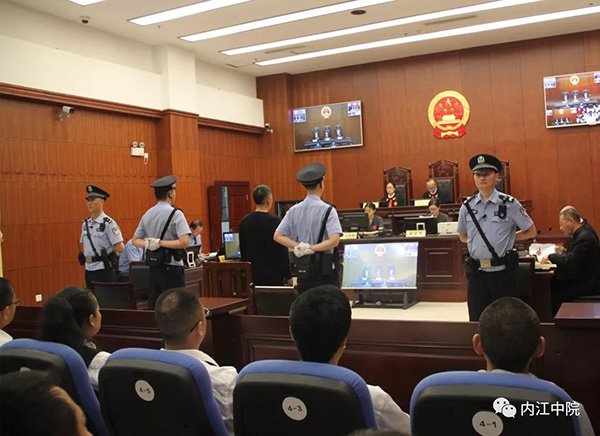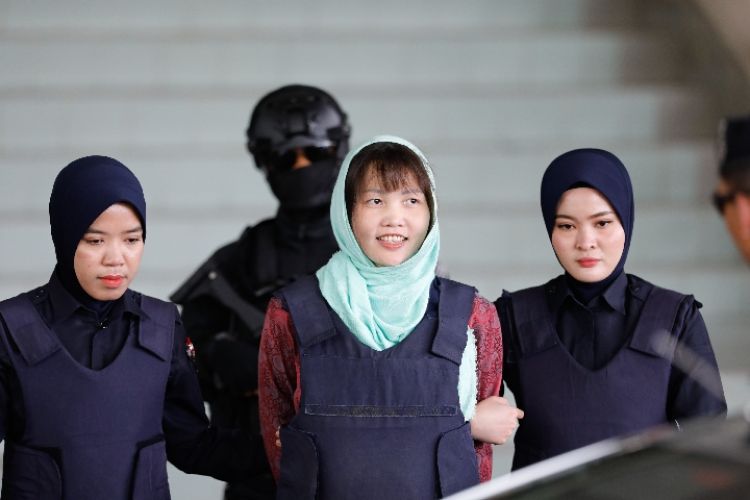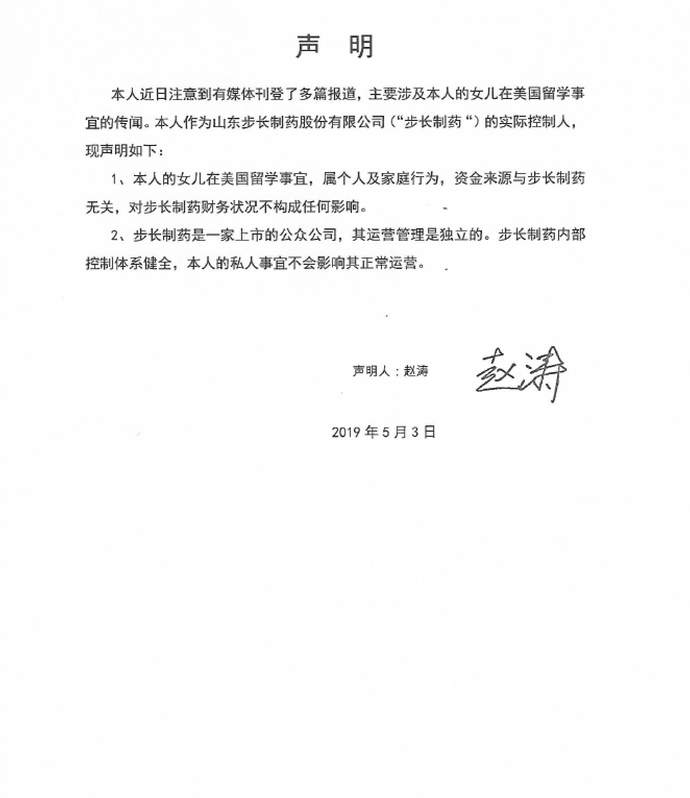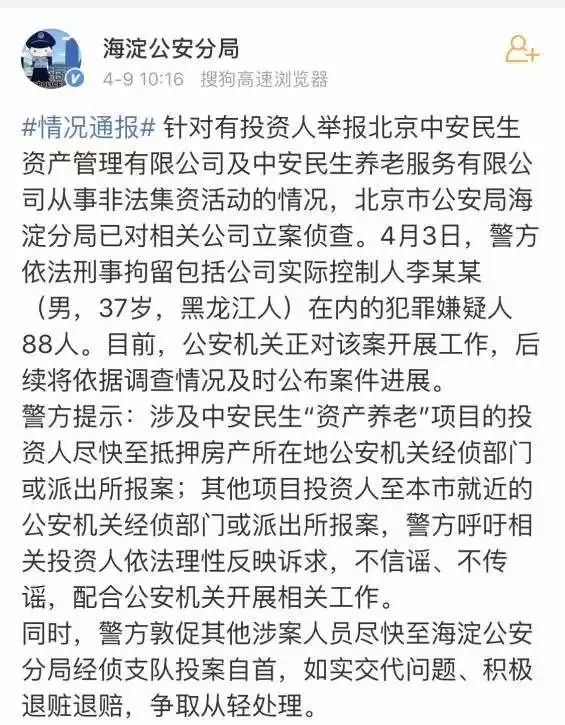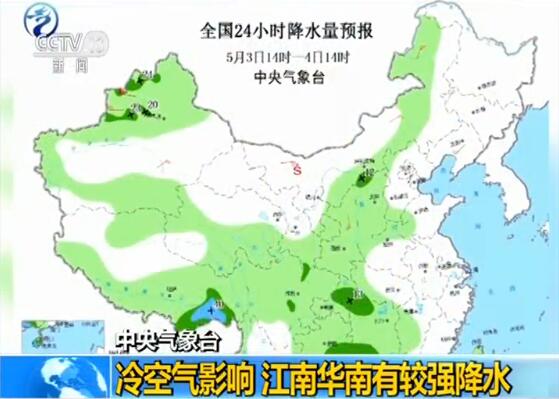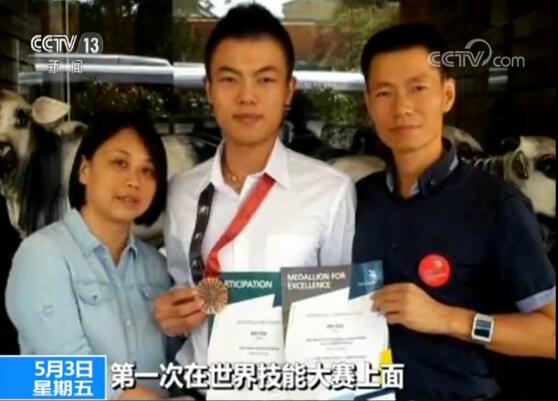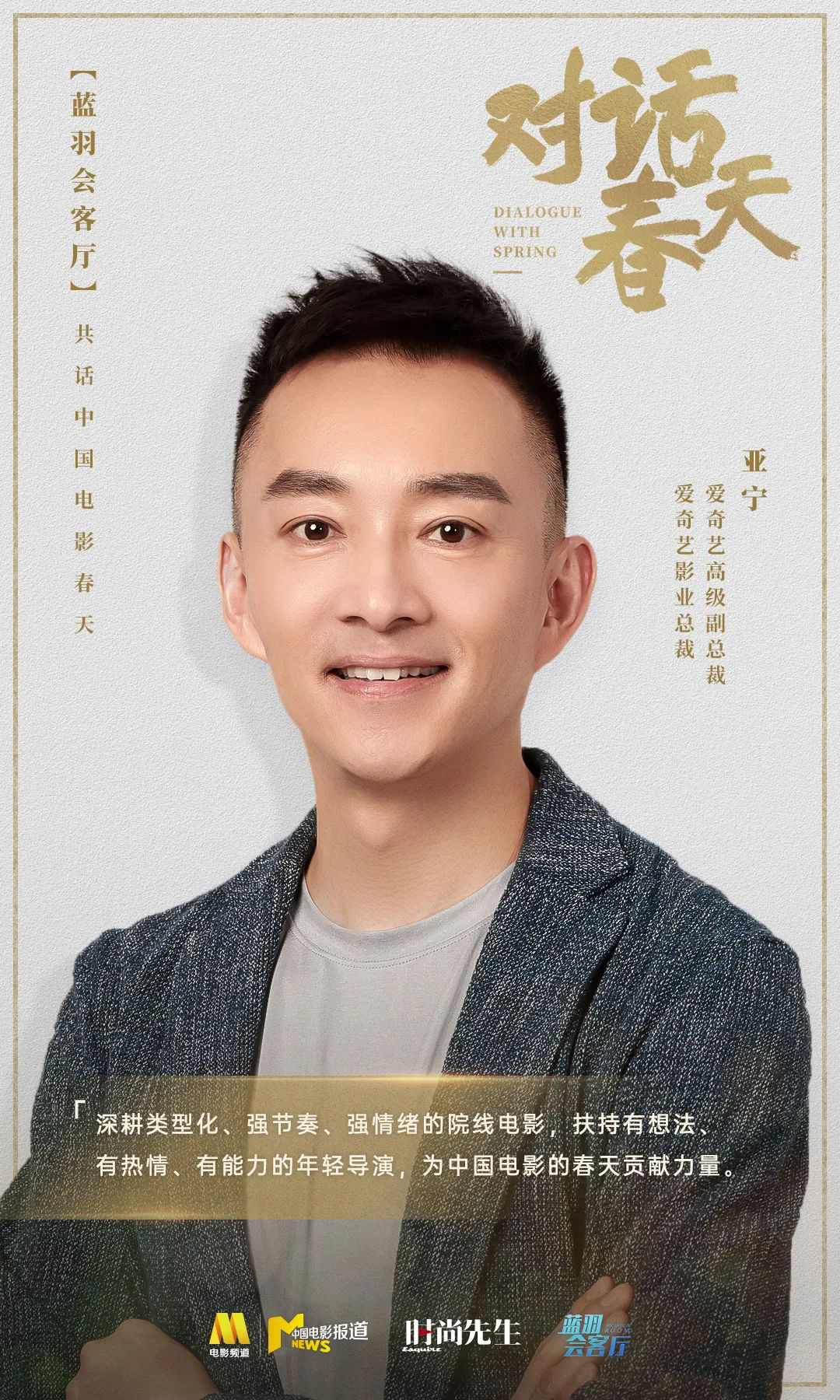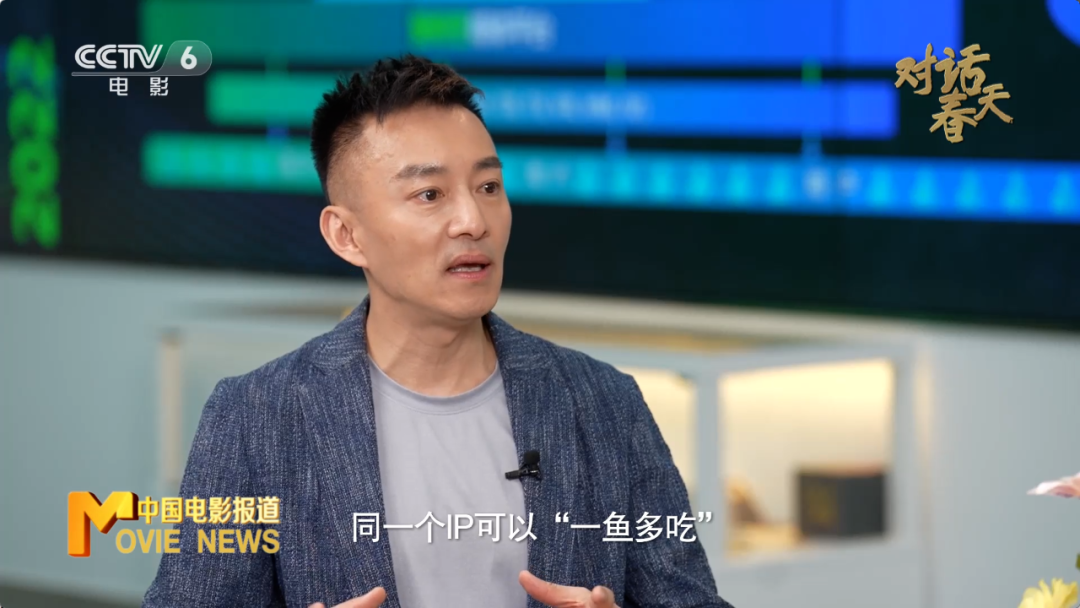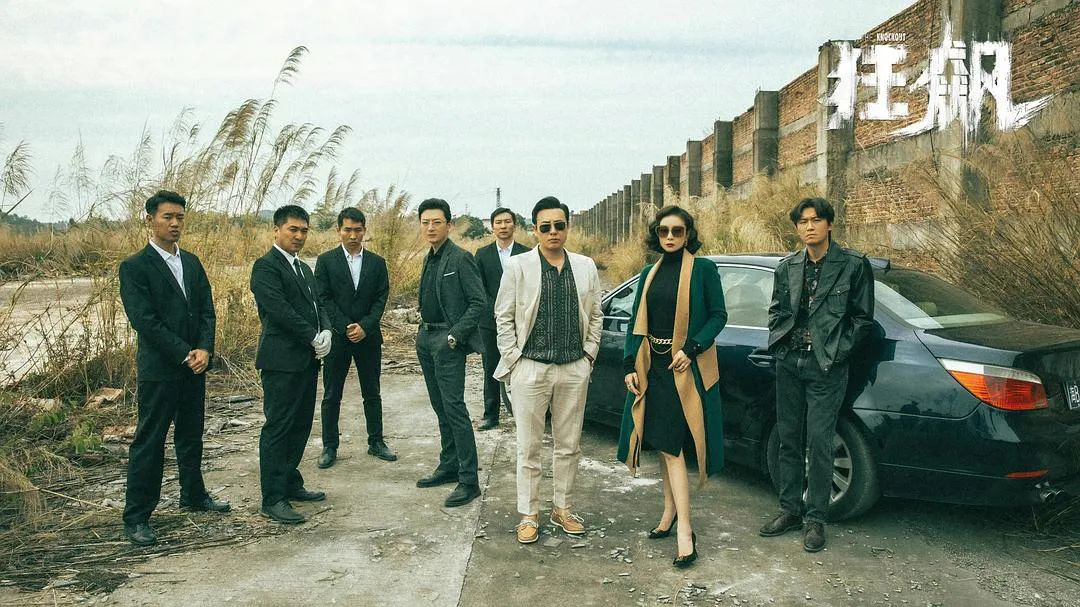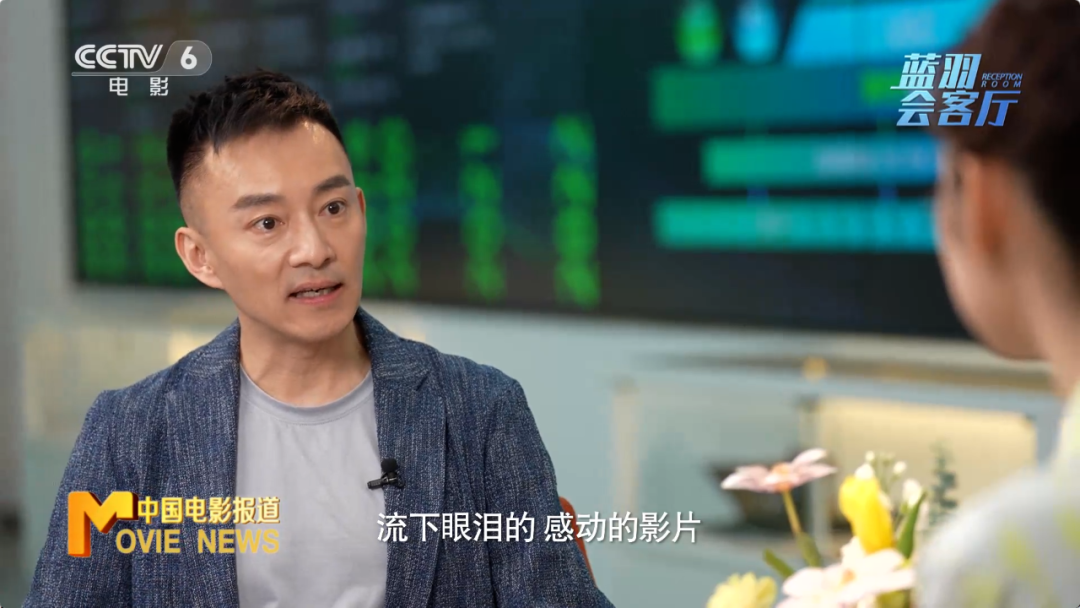CCTV News:According to the website of the Supreme Law, on November 25th, the Supreme Law released 10 typical cases of judicial protection of ecological environment in the Yellow River Basin.
A, Liu Xuanlong, Zhang Jianjun and other fifteen people illegal felling of trees.
2. Ma Gawen’s case of illegally purchasing, transporting and selling precious and endangered wildlife products.
Three, Chen Weiqiang, Dong Weishi and other cases of robbing ancient tombs
Four, buy self-improvement and other six cases of environmental pollution.
V. Puyang People’s Procuratorate v. Shandong Juye Jinchen Fine Chemical Co., Ltd. and other environmental civil public interest litigation cases.
Six, Xinxiang City Bureau of Ecological Environment and fengqiu county Longrun Fine Chemical Co., Ltd. Judicial confirmation case of compensation for ecological environment damage.
7. Jinan New Age Family Farm Co., Ltd. v. Que Shandong Community Residents Committee, Luokou Sub-district Office, tianqiao district City, Jinan City, etc.
VIII. luqu People’s Procuratorate v. luqu Water and Electricity Bureau (Administrative Public Interest Litigation).
9. Lingbao Yuxiang Aquaculture Co., Ltd. v. Sanmenxia Urban-Rural Integration Demonstration Zone Management Committee and Dawang Town People’s Government of lingbao city for forced demolition.
X. People’s Procuratorate of Huinong District of Shizuishan City v. Agricultural and Rural Affairs Bureau and Water Affairs Bureau of Huinong District of Shizuishan City.
A, Liu Xuanlong, Zhang Jianjun and other fifteen people illegal felling of trees.
[Basic case]
From May 2016 to September 2017, fifteen defendants, including Liu Xuanlong and Zhang Jianjun, committed criminal acts such as illegal logging of cypress trees and illegal digging of cypress roots for profit in Lianjialian forest area in the hinterland of Ziwuling. Defendants Liu Xuanlong and Wang Wenxi successively felled 66 cypress trees, with a combined timber volume of 9.7709 cubic meters; Defendant Zhang Jianjun and other eight people have stolen cypress roots 40 times, with a total value of 1,163,600 yuan; Defendant Yuan Jianping helped transfer cypress roots stolen by others for 11 times, with a total value of 320,400 yuan; Defendants Ding Shenbao and Qi Dengyun successively purchased cypress roots stolen by others for 7 times, with a total value of 200,400 yuan.
[Referee’s result]
The Ziwuling Forest District Court of Gansu Province held in the first instance that the actions of 15 defendants, including Liu Xuanlong and Zhang Jianjun, constituted the crime of illegal logging, theft, covering up and concealing the crime, etc., and were sentenced to six months to eight years in prison and suspended for one year to three years and six months, respectively, and fined 2,000 yuan to 30,000 yuan. After the judgment of the first instance, the defendants did not appeal.
[Typical meaning]
This case is a criminal case of serious damage to biological resources and water and soil resources caused by illegal logging. Ziwuling is known as the "gene bank" of natural species on the Loess Plateau. Ziwuling forest region is the largest natural secondary forest region in the central part of the Loess Plateau and an important forest region for water conservation and soil and water conservation in the Yellow River Basin. The forest resources in this region are of great significance for stabilizing the water quality and quantity of the Yellow River, maintaining soil and water stability and maintaining biodiversity. Illegal felling of trees is a criminal act that seriously damages the ecological resources of forest areas. The public hearing of this case has effectively cracked down on the criminal acts of destroying forest resources, severely punished criminals, enhanced the public’s understanding of the importance of forest ecological environment, and stimulated the public’s sense of responsibility in protecting forest ecological environment resources.
2. Ma Gawen’s case of illegally purchasing, transporting and selling precious and endangered wildlife products.
[Basic case]
In July 2018, the defendant Ma Maowen reported that his rental house was stolen. Because the stolen items were suspected to be precious and endangered wild animals and their products, the public security organs found many wild animal products in Ma Maowen’s residence, and also seized many wild animal products in the hands of the suspects who stole Ma Maowen’s residence. After identification, the wild animal products involved in the case were not only 7 red deer whips and 5 red deer antler legally purchased by the defendant Ma Jinwen, but also 16 bear paws, 6 deer whips, 52 deer tendons, 7 deer tails, 7 musk, 1 snow leopard skin, 1 antler, 1 sheep head, 1 small bag of venison, 2 wolf heads and other wild animal products illegally purchased by the defendant Ma Jinwen.
[Referee’s result]
The People’s Court of Yushu City, Qinghai Province held in the first instance that the defendant Ma Jinwen violated the national regulations on the protection of wildlife resources, knowing that snow leopard, white-lipped deer, forest musk deer, red deer, argali and brown bear were national key protected wild animals, and the act of purchasing, transporting and selling constituted the crime of illegally purchasing, transporting and selling precious and endangered wildlife products, and sentenced the defendant Ma Jinwen to 10 years’ imprisonment. Except for the part of the wildlife products legally purchased by the defendant, the remaining wildlife products shall be confiscated according to law. After the judgment of the first instance, the defendant did not appeal.
[Typical meaning]
This case is a criminal case caused by illegal acquisition, transportation and sale of precious and endangered wildlife products. No business, no killing. As the hinterland of the Qinghai-Tibet Plateau, the Sanjiangyuan region is rich in wildlife resources, and illegal management of wildlife resources occurs from time to time. Driven by illegal trading interests, it further leads to frequent hunting and killing of precious and endangered wildlife, endangering the biodiversity of wildlife resources and the balance and stability of ecosystems. There are many kinds of wild animals involved in this case, which are of great value. The trial of the case has shocked the illegal management of wild animal resources in Sanjiangyuan area, and demonstrated the court’s determination to severely punish the trade of illegal wild animals and their products, providing a strong judicial guarantee for maintaining biodiversity and ecological balance and promoting the construction of ecological civilization.
Three, Chen Weiqiang, Dong Weishi and other cases of robbing ancient tombs
[Basic case]
From August 2017 to April 2018, the defendants Chen Weiqiang, Dong Weishi and others carried out the act of excavating ancient tombs in Ruicheng County, and the tombs were buried in the protection scope of the national key cultural relics protection unit "Ancient Weicheng Site". Defendants Chen Weiqiang and Dong Weishi stole more than 20 pieces of bronze tripod, bronze cup, bronze grain, bronze plate, bronze ware and bronze fittings, of which one bronze grain was sold at a price of 400,000 yuan and one bronze plate was sold at a price of 220,000 yuan. Appraised by Shanxi Cultural Relics Exchange Center, the tombs that were robbed were all two-week tombs, and the theft of tombs caused the destruction of the original tomb structure and the lack of remains, which caused irreparable losses to the study of history and culture in the past two weeks. The bronze plate involved has been recovered and identified as a first-class cultural relic by Shanxi Provincial Cultural Relics Appraisal Station. During the period when the defendants Chen Weiqiang and Dong Weishi were chased by the Internet for the crime of stealing ancient tombs, the defendants Chen Guowei and others knew that Chen Weiqiang and Dong Weishi were suspected of committing crimes and sent them to Sichuan in order to escape the judicial authorities.
[Referee’s result]
The People’s Court of Ruicheng County, Shanxi Province held in the first instance that the defendants Chen Weiqiang and Dong Weishi, without the approval of the competent department of cultural relics, had privately excavated ancient tombs within the protection scope of the national key cultural relics protection unit "Ancient Weicheng Site" for many times, resulting in the destruction of the original tomb structure and the lack of remaining cultural relics. The actions of the two defendants constituted the crime of stealing ancient tombs. The court of first instance convicted the defendants Chen Weiqiang and Dong Weishi of stealing ancient tombs, and sentenced them to 12 years, 9 months and 13 years’ imprisonment respectively, and fined them 200,000 yuan, and recovered their illegal income of 140,000 yuan. The actions of the defendants Chen Guowei and others all constituted the crime of harboring, and they were sentenced to fixed-term imprisonment ranging from six months to suspended criminal detention. The Intermediate People’s Court of Yuncheng City, Shanxi Province upheld the original judgment in the second instance.
[Typical meaning]
This case is a criminal case of stealing ancient tombs. The case involved in the tomb robbery is located within the protection scope of the ancient Weicheng site in Ruicheng, Shanxi Province, and belongs to the cultural sites in the Yellow River Basin. There are a large number of ancient cultural sites and ancient tombs in the sites from the late Western Zhou Dynasty to the early Spring and Autumn Period, which are the testimony of the regional culture and history of the ancient Wei State in the Yellow River basin and have important protection value. The judgment in this case combines the protection level, the frequency of excavation, the level of excavation of cultural relics, and the harmful consequences of excavation on the original tomb structure and the lack of cultural relics, and severely punishes according to law, which reflects the determination of the people’s court to severely crack down on the destruction of ancient cultural sites and ancient tombs and the judicial orientation of promoting the protection and inheritance of the Yellow River cultural heritage system. At the same time, this case severely punishes those who help grave robbers evade legal responsibility, which plays an educational and guiding role in raising the public’s awareness of cultural relics protection.
Four, buy self-improvement and other six cases of environmental pollution.
[Basic case]
On January 4, 2019, the defendant bought Ziqiang to arrange for the defendants Shang Xiaofeng, Jia Jianli, Wang Mengguang and Gao Jinming to add chromium powder to the dyeing and processing of sheepskin in the dyeing workshop of the defendant Yang Yuli in Nanzhuang Town, Mengzhou, and directly discharge the generated wastewater into the public drainage ditch in Sangpo Village without treatment. Yang Yuli, the defendant, knew that his sheepskin dyeing workshop did not have the conditions to dispose of chromium solution, but still rented his workshop to Buyziqiang for sheepskin dyeing and processing, and charged a fee. It was identified that the chromium content in the wastewater discharged from the outlet of Yang Yuli’s dyeing workshop was 23.1mg/L, which was more than three times the national standard, and it was a serious environmental pollution.
[Referee’s result]
The People’s Court of mengzhou city, Henan Province, held in the first instance that six defendants, including Buy Ziqiang, violated state regulations, and the total chromium content of wastewater discharged to the outside world exceeded the national standard by more than three times, which seriously polluted the environment and constituted a crime of environmental pollution. Because the activities of the defendants Buy Ziqiang, Shang Xiaofeng and Yang Yuli have direct harm to the environment, a prohibition order was issued to the defendant to prohibit him from engaging in business activities related to sewage discharge during the probation period. The court of first instance sentenced the defendant to 10 months’ imprisonment, suspended sentence ranging from one year to seven months’ imprisonment and suspended sentence ranging from one year to one year for the crime of polluting the environment, and fined him. It is forbidden for the defendants to buy Ziqiang, Shang Xiaofeng and Yang Yuli to engage in business activities related to sewage discharge during the probation period. After the judgment of the first instance, the defendants did not appeal.
[Typical meaning]
This case is a criminal case of environmental pollution. Mengzhou city is the starting point of the "0 km on the left bank" of the Yellow River’s long dike, and the first city where the Yellow River flows out of the mountainous area and enters the plain. Nanzhuang Town, Mengzhou is the largest sheepskin processing and production base in Asia. Due to the special requirements of production technology, there is a great risk of water pollution in the local area, which poses a serious threat to the water protection in Mengzhou section of the Yellow River Basin. In this case, the environmental protection injunction was applied to the defendant of environmental pollution crime according to law, and the three defendants were forbidden to engage in business activities related to sewage discharge during the probation period, which advanced the stage of ecological environmental protection beforehand, which reflected the principle of putting prevention first in the trial of environmental resources and avoided the recurrence of ecological environmental damage.
V. Puyang People’s Procuratorate v. Shandong Juye Jinchen Fine Chemical Co., Ltd. and other environmental civil public interest litigation cases.
[Basic case]
From October 2015 to February 2016, Shandong Juye Jinchen Fine Chemical Co., Ltd. (hereinafter referred to as Juye Company) and Henan Jingzhong Biotechnology Co., Ltd. (hereinafter referred to as Jingzhong Company) handed over the industrial acid-containing wastewater generated in the production process to Kou Zhonghan, Kou Ziwei and others who were not qualified for disposal. Later, Kou Zhonghan and Kou Ziwei contacted Jin Xuejian and others to pass the industrial acid-containing wastewater through Fan County Sewage Treatment Plant where Jin Xuejian was located. After identification, industrial acid-containing wastewater belongs to the "HW34 waste acid" hazardous waste in the National Hazardous Waste List. Fanxian Sewage Treatment Plant does not have the ability to treat the above industrial acid-containing wastewater, and the dangerous substances in the wastewater are discharged into Jindi River, a tributary of the Yellow River, causing serious pollution to Jindi River. According to the evaluation of Henan Ecological Environmental Damage Judicial Appraisal Center, the amount of surface water environmental damage caused by illegal dumping of hazardous waste by Juye Company is 3.58 million yuan, the amount of environmental pollution property damage is 110,000 yuan, and the emergency disposal fee is 890,000 yuan. The amount of surface water environmental damage caused by the illegal dumping of hazardous waste by Jingzhong Company is 1.75 million yuan, the amount of environmental pollution property damage is 50,000 yuan, and the emergency disposal fee is 430,000 yuan.
[Referee’s result]
Some of the subjects involved in this case have been investigated for criminal responsibility in another case because they constitute a criminal offence. During the trial of this case, the parties voluntarily reached a mediation agreement under the mediation of the Intermediate People’s Court of Puyang City, Henan Province: (1) Juye Company paid 4.59 million yuan and 3.58 million yuan in governance fees in two phases, and Jingzhong Company paid 2.24 million yuan and 1.75 million yuan in governance fees in two phases; (II) Within two years from the effective date of the mediation agreement, if the two defendants can treat the sewage generated in the production process through technical transformation, which obviously reduces the environmental risk, and after the third party’s evaluation, the sewage generated within two years meets the discharge standards, and they have not been punished for environmental violations within two years, the technical transformation expenses paid after the agreement takes effect can apply to the Puyang Municipal People’s Procuratorate and the Puyang Intermediate People’s Court for deduction of the second phase payable, and the technical transformation expenses paid by the two defendants are equal to or greater than the second phase payable. (3) The two defendants may apply to Puyang Municipal People’s Procuratorate and Puyang Intermediate People’s Court for the deduction of the corresponding amount of the second-phase payment for the premium of environmental pollution liability insurance; (4) The two defendants publicly apologized to the public for their environmental pollution behavior in the national media within 30 days from the effective date of the mediation.
[Typical meaning]
This case is an environmental civil public interest litigation case filed by the procuratorial organ after the criminal case against the illegal act of illegally dumping industrial wastewater across provinces to pollute the main tributaries of the Yellow River and seriously endanger the water safety of the Yellow River Basin. In this case, considering the actual difficulties of the enterprise, the defendant paid the compensation by stages, paid part of the expenses of environmental treatment and restoration, property loss and emergency disposal in advance, and actively carried out technological transformation of the enterprise to improve the technical ability of the enterprise to prevent environmental pollution accidents, and offset the second phase of environmental treatment and restoration expenses with technological transformation funds, which not only restored the ecological environment to the maximum extent, but also actively helped the enterprise to make a green transformation. This case also explores the way to bear the responsibility of the chemical enterprises involved to purchase environmental liability insurance to offset the cost of environmental restoration and governance. At present, environmental liability insurance is not compulsory insurance for chemical enterprises. By purchasing this kind of insurance, once an environmental pollution accident occurs, the ability of high-risk chemical enterprises to repair the ecological environment will be greatly enhanced and the ecological environment safety will be maintained to the maximum extent. Puyang, located at the junction of Henan, Shandong and Hebei provinces, is an important chemical base in China. The defendant’s illegal dumping of industrial wastewater polluted Jindi River, an important tributary of the Yellow River. After the relevant personnel were investigated for criminal responsibility according to law, the procuratorate filed a civil public interest lawsuit, which realized the effective connection between criminal attack and civil compensation and ensured the timely restoration of the damaged ecological environment.
Six, Xinxiang City Bureau of Ecological Environment and fengqiu county Longrun Fine Chemical Co., Ltd. Judicial confirmation case of compensation for ecological environment damage.
[Basic case]
From January 4, 2018 to May 23, 2019, fengqiu county Longrun Fine Chemical Co., Ltd. (hereinafter referred to as Longrun Company) violated the law and dumped more than 2,000 tons of chemical waste liquid (identified as hazardous waste) into the main channel of the Fengqiu section of the Yellow River by qualified personnel without hazardous waste treatment, which caused great harm to the ecosystem and public health of the Yellow River. It was tried by Zhengzhou Railway Transportation Intermediate Court and was polluted on September 25, 2020. Under the active promotion of Zhengzhou Railway Transportation Intermediate Court, Xinxiang City Ecological Environment Bureau and Longrun Company negotiated several times on the compensation for ecological environment damage, and reached the Agreement on Compensation for Ecological Environment Damage: (1) Longrun Company bears the ecological environment damage fee, appraisal fee, experts and other expenses of 10,291,717 yuan; (two) take money as the main way, supplemented by other ways to bear the liability for compensation, and pay the ecological damage compensation in three installments (years); (3) Longrun Company’s capital investment in technological upgrading and transformation to reduce environmental pollution may apply to the ecological environment department for a capital award to offset part of the compensation expenses for ecological environment damage; (4) If Longrun Company refuses to perform or fails to perform in full, Xinxiang Ecological Environment Bureau has the right to apply to the court for enforcement. After the agreement is reached, both parties apply to Zhengzhou Railway Transport Intermediate Court for judicial confirmation.
[Referee’s result]
After accepting the application for judicial confirmation, Zhengzhou Railway Transport Intermediate Court found that the agreement reached by the applicant met the conditions of judicial confirmation and ruled that the agreement was valid. If Longrun Company refuses to perform or fails to fully perform the agreement, Xinxiang Ecological Environment Bureau may apply to the court for enforcement. After the judicial confirmation of the compensation agreement, the first batch of compensation of 1,587,515 yuan has been paid in place.
[Typical meaning]
This case is a judicial confirmation case of compensation for ecological environment damage caused by dumping industrial waste liquid into the main channel of Fengqiu section of the Yellow River. During the trial of this case, the people’s court actively practiced the concept of green development, extended the trial function of environmental resources, played an active role in the compensation for ecological environment damage, and promoted enterprises to actively fulfill the main responsibility of ecological environment. At the same time, the people’s court fully considered the present situation of the enterprise’s operation and confirmed the flexible way of assuming the liability for compensation in the agreement. Under the impetus of the people’s court, the two sides reached an agreement to pay compensation by three years. By encouraging enterprises to offset the cost of environmental restoration with technical renovation funds, they promoted the transformation and upgrading of enterprises, improved their technical ability to prevent environmental pollution accidents, and thus realized the protection of the ecological environment in the Yellow River Basin.
7. Jinan New Age Family Farm Co., Ltd. v. Que Shandong Community Residents Committee, Luokou Sub-district Office, tianqiao district City, Jinan City, etc.
[Basic case]
In February 2018, Que Shandong Community Residents Committee of tianqiao district Luokou Sub-district Office of Jinan City (hereinafter referred to as the neighborhood committee), Que Hua Yanyu Ecological Agriculture Tourism Professional Cooperative of Jinan City (hereinafter referred to as the cooperative) and Jinan New Age Family Farm Co., Ltd. (hereinafter referred to as the farm company) signed a land contract, and contracted out about 176 mu of land in Que Shandong Community of tianqiao district City, Jinan City, which the cooperative enjoyed the right to operate. The term is 30 years, and the contract fee is 1000 yuan per mu per year. The farm company builds 267 ecological agricultural greenhouses and supporting houses, and after renting them, it pays 2,000 yuan to the professional cooperatives as a cooperative benefit. After the contract was signed, the cooperative handed over the land involved to the farm company, and the farm company built a mixed mortar and mixed water brick wall, a steel frame structure greenhouse and a brick-concrete structure management room on the land involved. On May 24, 2018, the law enforcement department of Jinan Yellow River Bureau made an administrative penalty decision to the farm company, and made an administrative penalty on the grounds that the farm company built a brick-concrete structure management room within the management scope of the Yellow River, which affected the flood discharge of the river. On January 9, 2019, the farm company appealed to the People’s Court of tianqiao district City, Jinan City, requesting to confirm that the contracted management contract of the land involved was invalid, and the neighborhood committees and cooperatives returned the rent they had paid before and compensated them for economic losses of 800,000 yuan.
[Referee’s result]
The people’s court of tianqiao district City, Jinan City, Shandong Province ruled in the first instance that the land contract between the two parties was terminated; The farm company will restore the contracted land to its original state and return it to the cooperative within 30 days after the judgment takes effect; Neighborhood committees and cooperatives jointly returned the farm company rent of 450,000 yuan and compensated the farm company for losses of 87,800 yuan. Jinan Intermediate People’s Court upheld the original judgment in the second instance. After the Shandong Higher People’s Court ordered a retrial, the Jinan Intermediate People’s Court made a retrial judgment: the land contract involved in the case was confirmed to be invalid, the farm company restored the land to its original state and returned it, the cooperative and the neighborhood Committee returned the rent of 800,000 yuan, and compensated the farm company for its economic loss of 87,800 yuan.
[Typical meaning]
This case is a case in which the land contract is invalid due to the construction of structures and buildings on the land in the Yellow River. In order to ensure the smooth flow of the Yellow River in flood season and avoid flooding, some areas on both sides of the Yellow River are designated as flood discharge areas by relevant laws in China. The second paragraph of Article 22 of the Flood Control Law of People’s Republic of China (PRC) stipulates that it is forbidden to build buildings and structures that hinder flood discharge within the scope of river courses and lakes, dump garbage and muck, and engage in activities that affect the stability of river regime, endanger the safety of river banks and dikes and other activities that hinder flood discharge in river courses. The land in the land contract involved in the case is located within the management scope of the Yellow River. The parties agreed in the contract to build an eco-agricultural greenhouse and supporting management houses, and actually adopted a concrete-mixed brick wall and steel frame structure, which violated the above-mentioned prohibition provisions of the flood control law. According to Article 52 of the People’s Republic of China (PRC) Contract Law at that time, the retrial court correctly identified the validity of the contract and reasonably shared the responsibilities of both parties, which has a good exemplary role in handling such cases.
VIII. luqu People’s Procuratorate v. luqu Water and Electricity Bureau (Administrative Public Interest Litigation).
[Basic case]
On August 28th, 2005, the Alashan Hydropower Station invested by Mingzhu Hydropower Co., Ltd. (hereinafter referred to as Mingzhu Company) in the upper reaches of Taohe River began to generate electricity and put into production. According to the principle of paid use of national resources and relevant regulations, Mingzhu Company, as a water user, should pay the water resource fee unconditionally, but the company failed to pay it. On April 18th, 2011, luqu Municipal People’s Government ordered the functional departments to recover the money, but luqu Water and Electricity Bureau failed to take effective enforcement actions. After luqu People’s Procuratorate issued a pre-litigation procuratorial proposal to urge it to perform its statutory duties, luqu Water and Electricity Bureau only issued corresponding law enforcement documents, but did not take corresponding law enforcement measures according to law, resulting in the continuous loss of state-owned assets. luqu People’s Procuratorate urged rectification to be ineffective, and the national interests were still being infringed. luqu People’s Procuratorate filed an administrative public interest lawsuit in this case.
[Referee’s result]
The People’s Court of Hezuo City, Gansu Province, held through trial that Pearl Company had not paid the water resource fee by the time the case was prosecuted. Although luqu Water and Electricity Bureau, as the water resource fee collection department, fulfilled its duties to a certain extent, it failed to take corresponding effective law enforcement measures and fully fulfilled its duties of punishment and collection, resulting in the national interests still being infringed. It is still necessary for luqu Water and Electricity Bureau to continue to perform its duties. It is decided that luqu Water and Electricity Bureau will continue to perform its statutory duties within 60 days after the judgment takes effect, and collect water resources fees from Mingzhu Company according to law. After the judgment of the first instance, neither party appealed.
[Typical meaning]
This case is an administrative public interest litigation case in which the procuratorial organ v. Water, Electricity and Water Bureau failed to fully perform the duty of penalty collection. Water resources belong to the state. There is a shortage of water resources in the Yellow River basin, and the people’s courts should establish the concept of strictly implementing the strictest water resources management system, implement the principle of paid use of water resources, promote the sustainable utilization of water resources, and ensure the sustainable development of economy and society. In this case, luqu Water and Electricity Bureau failed to fully perform its duties of punishment and collection, which led to the long-term violation of the national water resources rights and interests. According to law, the people’s court ordered the administrative organs to fully perform the statutory duties of water resources utilization supervision and collection for hydropower stations that have not paid water resources fees for a long time, urged the administrative organs to strictly implement the red line of water resources development and utilization control, and earnestly implemented the system of paid use of water resources, which played a supervisory and guiding role in water resources conservation, protection and rational development and utilization.
9. Lingbao Yuxiang Aquaculture Co., Ltd. v. Sanmenxia Urban-Rural Integration Demonstration Zone Management Committee and Dawang Town People’s Government of lingbao city for forced demolition.
[Basic case]
Lingbao Yuxiang Aquaculture Co., Ltd. (hereinafter referred to as Yuxiang Company) has independently expanded more than 100 mu of fish ponds beyond the area approved by its tidal flat aquaculture certificate, and its fish ponds and ancillary facilities are located in the core area or buffer zone of the Yellow River Wetland National Nature Reserve in Henan Province. After the expiration of the breeding certificate, the Dawang Town People’s Government of lingbao city (hereinafter referred to as Dawang Town Government) issued a rectification notice to Yuxiang Company, and then served a demolition notice to Yuxiang Company. The Agricultural and Rural Work Office of Sanmenxia Urban-Rural Integration Demonstration Zone (the internal organization of Sanmenxia Urban-Rural Integration Demonstration Zone Management Committee, hereinafter referred to as the Agricultural and Rural Work Office) also issued a notice to Yuxiang Company twice ordering it to stop the illegal activities of the Yellow River wetland, and dismantled its illegal buildings, structures and other facilities within the scope of the Yellow River wetland and river within a time limit. Yuxiang Company did not file an administrative reconsideration or administrative lawsuit against this notice. On May 26, 2019, the People’s Procuratorate of Shanzhou District of Sanmenxia City issued a procuratorial proposal to the Agricultural and Rural Office, suggesting that the illegal acts of Yuxiang Company be investigated and dealt with to protect the safety of the Yellow River wetland. On May 29, 2019, with the presence of the staff of the Agricultural and Rural Office and the consent of Yuxiang Company, Dawang Town Government entrusted relevant personnel to connect fish ponds, clean up construction waste and restore wetlands. Since then, Yuxiang Company has filed an administrative lawsuit, requesting to confirm that the Sanmenxia Urban-Rural Integration Demonstration Zone Management Committee and Dawang Town Government’s forced demolition of Yuxiang Company’s breeding facilities and other properties in May 2019 was illegal.
[Referee’s result]
After the Intermediate People’s Court of Sanmenxia City, Henan Province decided to reject Yuxiang Company’s claim, Yuxiang Company refused to accept the appeal. The Higher People’s Court of Henan Province held in the second instance that Yuxiang Company’s construction of fish ponds and ancillary facilities in the core area and buffer area of Henan Yellow River Wetland National Nature Reserve violated the provisions of Article 32 of the Regulations of People’s Republic of China (PRC) Nature Reserve and Article 25 of the Regulations of Henan Province on Wetland Protection, and its fish ponds and ancillary facilities should be demolished. In the process of ordering rectification and implementing demolition, the Agricultural and Rural Office and the Dawang Town Government fulfilled their relevant notification obligations, protected their procedural rights, and fully considered the actual situation of Yuxiang Company to minimize the losses of Yuxiang Company. The demolition was legal. Therefore, the appeal was dismissed and the original judgment was upheld.
[Typical meaning]
This case is a typical case in which the people’s court supports the local government to strengthen the protection of the Yellow River wetland. Henan Yellow River Wetland National Nature Reserve, covering an area of 680 square kilometers, spans Sanmenxia, Luoyang, Jiaozuo and Jiyuan production-city integration demonstration zone. It is one of the eight important wetlands in the Yellow River and plays an important supporting role in the ecological environment along the Yellow River in this region. However, for a long time, there are still illegal acts such as illegal occupation and illegal construction in the Yellow River wetland, which have seriously damaged the ecological environment of the Yellow River wetland and need to be rectified according to law. The process of law enforcement and litigation in this case reflects that the administrative organs, the procuratorial organs and the judicial organs have played their functional roles and cooperated with each other, and made a powerful combination boxing against the phenomena of civil strife, indiscriminate mining, littering and illegal construction in the Yellow River wetland, which has achieved good legal and social effects and provided a strong judicial guarantee for the continuous improvement of the ecological environment in the Yellow River Basin.
X. People’s Procuratorate of Huinong District of Shizuishan City v. Agricultural and Rural Affairs Bureau and Water Affairs Bureau of Huinong District of Shizuishan City.
[Basic case]
Since 2006, Wang Xiaohong and others have built farms on the Yellow River. Investigation by the People’s Procuratorate of Huinong District, Shizuishan City (hereinafter referred to as the Huinong District Procuratorate) found that the construction of the above-mentioned farms has not been approved by the relevant administrative departments, and it belongs to the disorderly construction of buildings and structures that hinder flood discharge within the scope of river management, which violates the national river management regulations and seriously affects the flood discharge and flood control safety of the Yellow River; The Agricultural, Rural and Water Affairs Bureau of Huinong District of Shizuishan City (hereinafter referred to as the Agricultural and Water Affairs Bureau of Huinong District) has failed to perform its supervisory duties in the above situation. In July 2019, the Huinong District Procuratorate issued a procuratorial proposal to the Huinong District Agriculture and Water Bureau. In November 2019, the Procuratorate of Huinong District filed an environmental administrative public interest lawsuit, requesting to confirm that the Agricultural and Water Bureau of Huinong District failed to perform its duties of river supervision according to law, and ordered the Agricultural and Water Bureau of Huinong District to perform its duties of supervision according to law and restore the land to its original state in time. On November 26, 2019, the procuratorate of Huinong District received a reply from the Agriculture and Water Bureau of Huinong District, and after on-the-spot inspection, it believed that the Agriculture and Water Bureau of Huinong District had fulfilled its statutory supervisory duties on the demolition of illegal construction facilities of the farms involved, so it withdrew the lawsuit and reserved the lawsuit to confirm the illegality.
[Referee’s result]
The People’s Court of Dawukou District, Shizuishan City, Ningxia Hui Autonomous Region made a judgment: It was confirmed that the defendant Huinong District Agriculture and Water Bureau failed to perform the duty of river course supervision to order Wang Xiaohong and others to demolish the illegal buildings of farms within the scope of Yellow River course management in Huinong District. After the judgment of the first instance, neither party appealed.
[Typical meaning]
This case is an administrative public interest litigation case caused by illegal occupation of production sites and residential houses in the Yellow River. The disorderly construction of buildings and structures that hinder flood discharge within the scope of river management violates the regulations of the state on river management, and also seriously affects the safety of flood discharge and flood control, and poses potential harm to the life and production safety of residents on both sides of the Yellow River. In this case, through administrative public interest litigation, the people’s court confirmed that the administrative authorities acted illegally according to law, which effectively urged the administrative authorities to actively perform their statutory regulatory duties and provided strong judicial support for the ecological protection of the Yellow River Basin.
